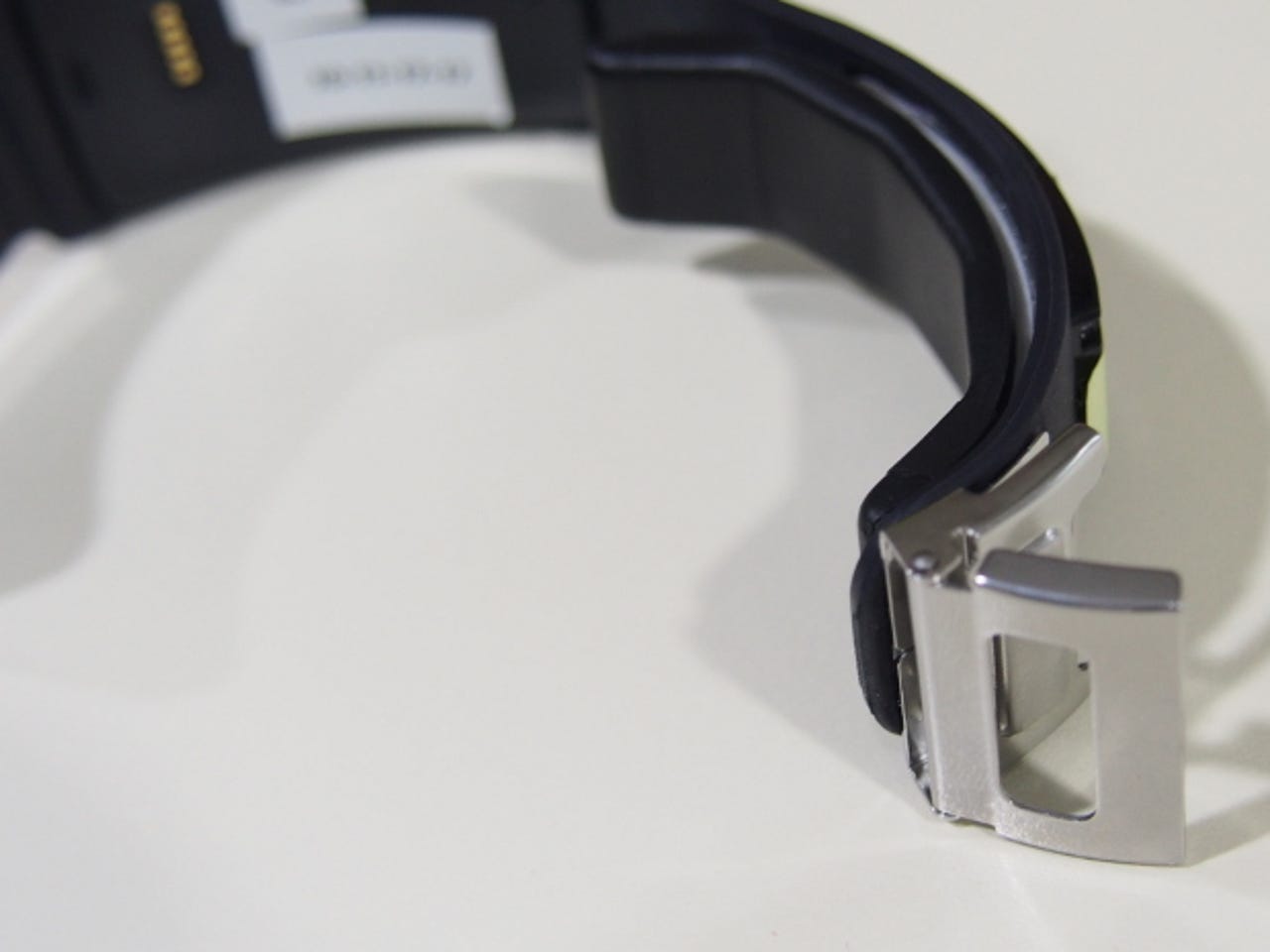Inside Samsung's innovation center: The Israel hub hothousing the next big thing in tech

The Tel Aviv SSIC started back in 2007, when Samsung acquired TransChip, an Israeli startup founded in 1999 to develop CMOS imagers. The acquisition led Samsung to set up a permanent R&D operation in Israel, and to create a platform allowing it to get acquainted with other innovative companies in the country, according to Ruthie Adar, who joined Samsung as part of the TransChip acquisition and is now head of the Israel SSIC.
The concept for the SSIC was created two years ago, when Samsung decided to open an innovation center in Silicon Valley, headed by Young Sohn, Samsung's president and chief strategy officer. Sohn came to Israel and started talking with local R&D people, with a view to creating a local SSIC similar to the one in California.
These days the center is mainly focused on business development, in other words "hunting down" start-ups for Samsung. "We are looking for any disruptive technology," Adar told ZDNet.
The SSIC, whose aim is to "accelerate innovation", doesn't operate like other incubators and has its own way of doing things, he added. "When we identify a company that is within one of our four focal areas, we begin a very fast evaluation process, done by our 'innovation fellows' - internal evaluators for each field. We make a quick decision if we are interested in funding it through a dedicated catalyst fund, and also host them in our offices for several months - up to a year," Adar said.
"Beyond the funding and the hosting, we create a sort of intimacy, sitting with them on the same floor. We can offer them scientific help, solving technology problems, working with our innovation fellows. This process allows us to embed a startup inside one of Samsung's future research platforms within several months."
Unlike Apple, which prefers to buy more mature companies, Samsung doesn't discriminate. It invests in new startups as well as older businesses that have working products in the market already. The company has areas of focus for its investments: mobile health, Internet of Things, new interfaces like augmented reality and 3D, and datacenter storage - which Samsung sees as a developing field. In 2015, Adar said, the Israel SSIC will continue to focus on mobile health, as well as Internet of Things and datacenter storage.
StoreDot is one of the most prominent examples of a startup incubated by the SSIC. StoreDot is using nanotechnology to create a new type of smartphone battery that can be fully charged in under a minute. StoreDot resides in the building next to the SSIC, and Samsung was the company's first investor when it was at a very early stage and its technology was still in the research phase.
Several months later, it seems that StoreDot has consolidated its product portfolio and is focusing mainly on batteries. StoreDot now has an advanced prototype of its battery running inside a standard smartphone case, and an example of the charger needed to power it up (while legacy batteries work on 1 amp to 2 amp chargers, StoreDot's battery requires a more sizeable 70-100 amp equivalent).
Following requests from the automotive industry, StoreDot is also converting its technology for use by electrical vehicle, developing an electric car battery that can be fully charged for a 200 mile drive in five minutes, using the same tech that the company uses for smartphones. Though StoreDot works under Samsung's roof, it's in talks with all the major players in the smartphone industry, hoping have five major partners by May of this year who it could work with to customise technology for particular devices, and to have two to three OEM agreements in place to manufacture the StoreDot batteries and chargers.
EarlySense is one of the more mature businesses that Samsung has invested in. EarlySense is well established in the healthcare business and, according to its CEO Avner Halperin, the company's tech has been in development for ten years. EarlySense is working on a type of sensor that can be put under a patient's mattress to read various vital signs by sensing vibrations.
Read this
Its main aim is to solve a specific problem: that the use of strong pain killers can provoke respiratory arrest. If a patient's in hospital, early detection of the phenomenon can be the difference between a simple shot to the shoulder - or a spell in intensive care.
EarlySense's tech is already used in 40 hospitals worldwide, monitoring over 250,000 patients. Samsung is seeking to get EarlySense's smart sensing plate into homes, integrating it with other smart home products to help improve sleep quality. It has invested $10m in EarlySense with the purpose of releasing a medical grade appliance into the consumer market.
SensiFree, another SSIC startup, was founded in 2012 to develop a particular body sensor. Unlike current heart monitoring sensors, which are embedded in commercial smartwatches and need to be pressed against the skin for an accurate measurement, SensiFree's sensor can take measurements from 1cm away, without skin contact. It also requires a lot less power, so could be integrated into a sports shoe or even a smartphone. All the user needs to do is hold the device in their hand, like most people usually do with their phone about 120 times a day, Ilan Barak, Sensifree's founder and CTO, told ZDNet.
Barak came to Samsung with the idea about a year ago. It took the company only 24 hours to get Samsung's attention, and three weeks later it had presented the product in California and been approved for funding and incubation by the Israeli SSIC. A few months on and the technology was incorporated into Samsung's Simband Health platform.
"That kind of company, if it had to develop a smartwatch on its own, it would have taken twice as long to make a commercial product. Being given access to the [Simband] platform at an early stage, as part of our joint efforts, allowed us to achieve a working SensiFree smartwatch within months, which allows us to integrate it quickly into a business unit and commercialize it. It makes it easy to get it into a future Galaxy S smartphone or Gear S watch. These are the things we know," Adar said.
Read more on Samsung
